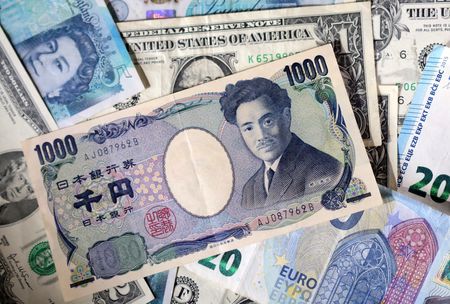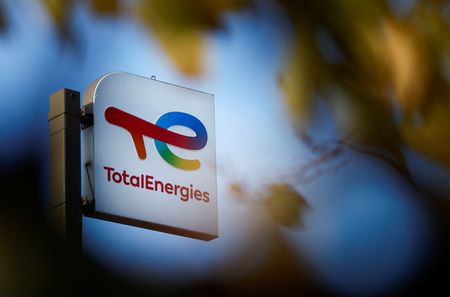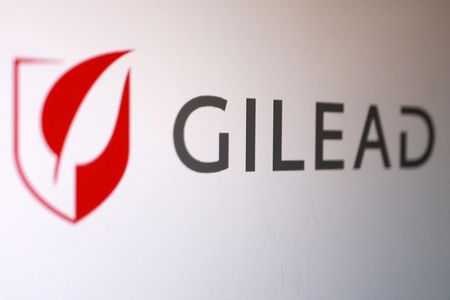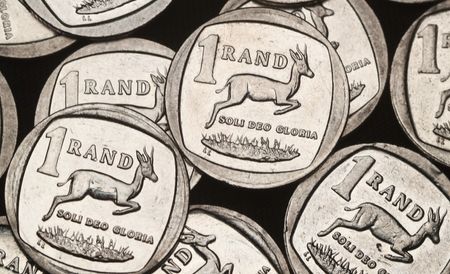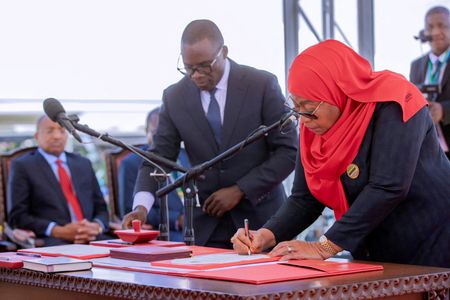CAIRO (Reuters) – Egypt’s non-oil private sector economy contracted further in April after a decline in domestic and foreign demand caused new orders and output to fall for a second month, according to a survey released on Tuesday.
The S&P Global Egypt PMI headline index dropped to 48.5 in April from 49.2 in March, marking the lowest reading so far in 2025. A figure below 50 indicates contraction and one above 50 indicates growth.
“Business activity weakened for the second month running in April as firms highlighted an additional drag from falling sales,” said David Owen, Senior Economist at S&P Global Market Intelligence. International market weakness impacted business confidence and spending, he said.
Despite rising input costs, driven largely by a 15% increase in fuel prices, firms kept sale prices stable, ending 56 months of inflation. Employment and purchasing activity also decreased, with companies reducing staff for a third consecutive month.
While input prices rose at their fastest pace in four months, output prices remained unchanged, reflecting subdued pressure on costs, the survey indicated. Firms expressed cautious optimism about future activity, with confidence ticking up to a three-month high, although still below long-term trends.
Supply chains remained stable, with delivery times unchanged and inventories slightly increasing. The sub-index for output dipped to 47.4 from 48.6, while that for new orders fell to 47.24 from 49.0.
(Writing by Patrick Werr; Editing by Toby Chopra)



